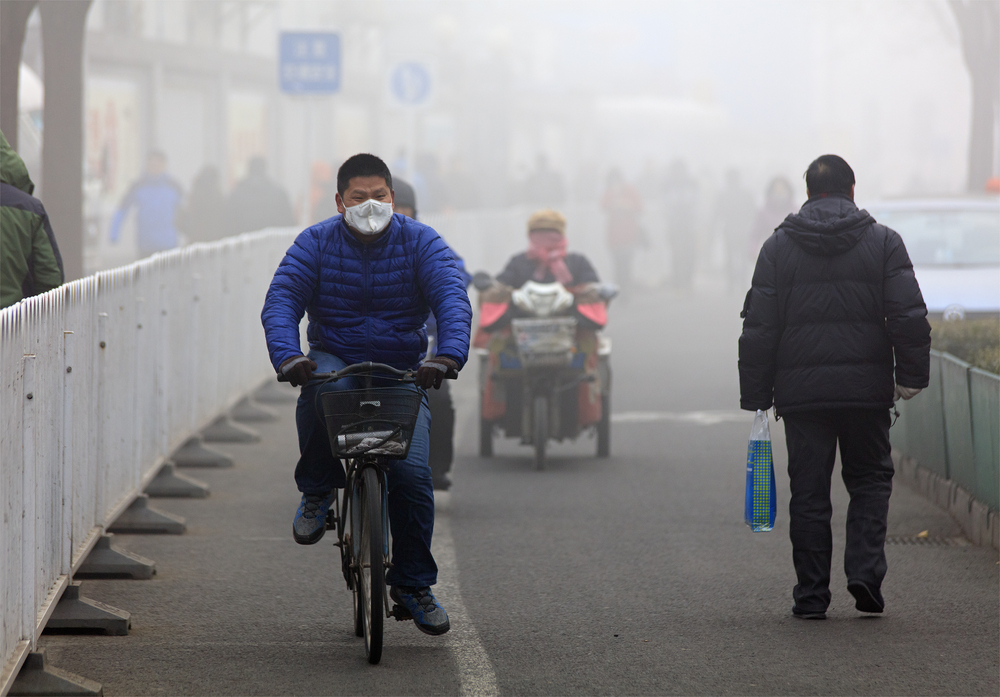RIYADH: Saudi Arabia is set to unveil a new tourism strategy this year utilizing artificial intelligence and seamless technology, according to a top official.
Speaking to Arab News in an interview on the sidelines of the Future Aviation Forum 2024, Gloria Guevara Manzo, chief special adviser at the Ministry of Tourism, noted that the plan seeks to maximize the Kingdom’s assets including culture, history, heritage and hospitality.
“Right now, the ministry, under the leadership of his excellency, is developing the new strategy, and that new strategy is going to include several new things, such as the use of AI, for instance, seamless and many other technologies that are important for growth,” Manzo said.
She added: “(The) strategy, hopefully is going to be released this year and is going to be shared with the world. The strategy that we have right now was developed in 2019. We accomplished the milestone of the 100 million tourists, domestic and international, seven years ahead (of schedule).”
Manzo also discussed the importance of sustainability so people are still “enjoying” the world today while ensuring resources are preserved for future use
This concept involves multiple facets, including economic, environmental, and social considerations.
“For 30 years, we have been measuring and that’s why we know that 10 percent of the global gross domestic product before the pandemic (came from travel and tourism), and we’re going to reach that number this year again,” Manzo said.
She added that before the COVID-19 outbreak there were 330 million jobs in the industry, adding: “This year, we’re hoping to break a record with 348 million. One out of 10 jobs depends on this sector, so the economic aspect is very clear. The social aspect also is quite interesting — 54 percent women, 30 percent youth.”
Manzo emphasized the positive social impacts of travel and tourism, such as poverty reduction and the prevention of illegal migration by providing local job opportunities.
Despite these benefits, there had been a lack of clear measurement regarding the sustainability of this industry.
However, a significant study sponsored by Saudi Arabia, particularly by Minister of Tourism Ahmed Al-Khateeb and the ministry, addressed this gap.
Released last year, this provided comprehensive insights into the environmental impact of travel and tourism, revealing that 8.1 percent of greenhouse emissions are attributable to this sector.
“Now that we know that, then we can go industry by industry to understand what is the impact, and from that 8 percent, 47 percent is due to transportation and it could be aviation, it can be road, it can be cruising all the different aspects,” she said.
Manzo added: “Now, the reality is that aviation counts between 1.5 and 2 percent of the global emissions. But as I said in the panel, we cannot see this in an isolated approach. We need to see this from a holistic point of view. We need to understand what are the quick wins.”
Therefore, she noted that this does not mean stopping flying is the solution, as it has “very severe consequences.”
She said: “Millions of people can lose their jobs. We saw that during the pandemic, travel provides food on the table to millions of people from around the world. That’s a factor that we have to consider.”
Mazo stated that the right approach should be finding ways to travel in a more sustainable way, as she referred to a statement by Saudi Energy Minister Prince Abdulaziz bin Salman ,when he said that the Kingdom is leading this transition.
Furthermore, the adviser stressed the importance of the Future Aviation Forum as it reflects the significance of connectivity within and outside the Kingdom as emphasized by Al-Khateeb on the first day.
“We need to increase the connectivity within the Kingdom, to the Kingdom and of course outside in order to increase the trade and do business and have more exports, more imports, and all of the above,” she stated.
Manzo continued: “In that regard it is very important to continue with the partnerships, not only at the destination level, but also at the corporate level and with the different entities, with the government. Without transport, we don’t have tourism, and tourism is very important for transport also to grow.”
























